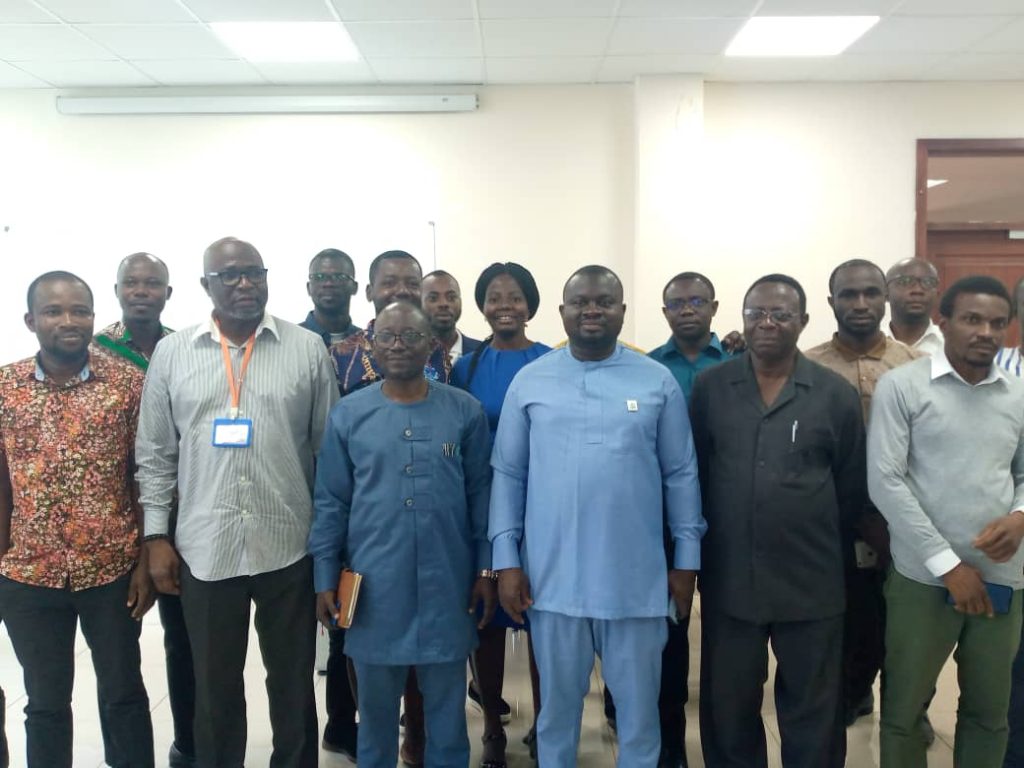By Kodjo Adams
Accra, Aug. 22, GNA – Dr Paul Herzuah, Lecturer, Faculty of Journalism and Media Studies, Ghana Institute of Journalism (GIJ), has called for the amendment of the Local Government Act to eliminate grey areas in the conduct of local level elections.
He said the amendment should either completely bar participants in local level elections from using political colours for their campaigns or be politicised to allow political parties to contest.
“The Act that oversees these elections should be amended because they are grey areas that contestants manipulate to their advantage. It should be more detailed and explicit to do away with these issues,” he stressed.
The Lecturer said this when he presented a Research Report on “Enacting Identity in Local Elections in Ghana: A Multimodal Critical Discourse Analysis” at the second Inter-Faculty Research seminar at the GIJ new campus at Dzorwulu.
The Inter-Faculty Research seminar organised by the Research, Innovation and Development offers the platform for lecturers to share their research works with the Institute and the public.
The research project involved the textual analysis of posters of Assembly member candidates in the 2015 local government elections in some districts in the Greater Accra Region.
They included the Ga East, La Nkwantanang-Madina, Adenta, Ayawaso North, and Ayawaso Central municipalities.
Dr Herzuah identified how local government election contestants used “enacted” political, religious and ethnic identities to influence votes in their communities.
He examined how they used these identities to communicate and draw electorates to their sides in their campaigns.
“The contestants find a way to circumvent their way to get to electorates using these identities to win more votes,” he stressed.
Dr Herzuah said the contestants employed these identities in areas where they identified that the majority of residents were aligned either politically, ethnically, or religiously.
“They used colours of the two major political parties to communicate in their political identity agenda; employed biblical quotes, Islamic titles, Godly self-representation in their religious identity and employed local languages of their communities to communicate in their ethnic identity.”
“These identities are noticed through the various inscriptions, colours and pictures on their posters in the communities,” he stressed.
The Lecturer noted that this was an emerging trend in the local level elections, which needed to be addressed by reviewing the Act.

He called on the government to revive its plans to review the Act to allow district-level elections to be held on a partisan basis.
GNA